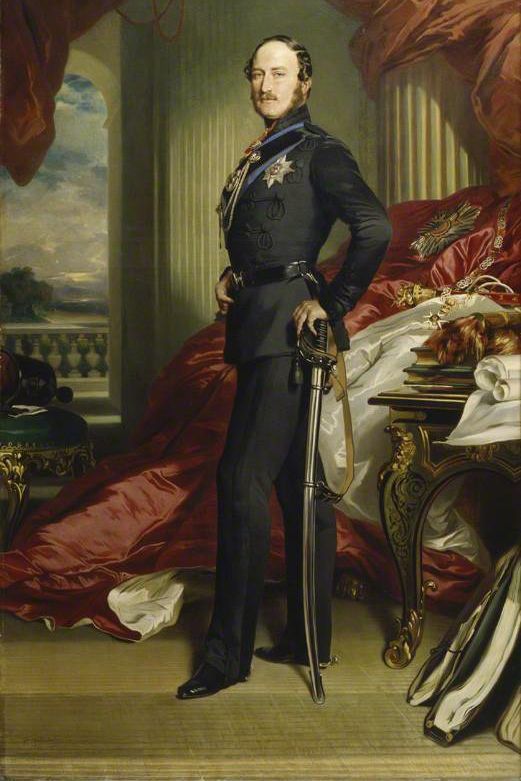During the U.S. Civil War, the UK carefully remained neutral. Why didn’t they take a side? The United Kingdom’s decision to remain neutral during the American Civil War was influenced by several factors, including economic interests, political considerations, and international law.
Economic Interests:
The UK had significant economic ties with both the Union and the Confederacy. The British textile industry relied heavily on cotton from the Southern states, while the Northern states were important markets for British goods and sources of foodstuffs. Taking sides could jeopardize these crucial economic relationships.
Slavery Issue:
While the Confederacy hoped to gain British support by leveraging their cotton exports, the UK’s strong anti-slavery stance made it politically difficult for them to openly support a slave-owning society. British public opinion, influenced by abolitionist movements, was largely against slavery, which complicated any potential alliance with the Confederacy.
Diplomatic Considerations:
The UK sought to avoid unnecessary entanglements in foreign conflicts, especially one as complex and internal as the U.S. Civil War. They were wary of getting drawn into a protracted and potentially costly war. Additionally, maintaining neutrality allowed the UK to position itself as a mediator, should the need arise.
International Law:
The British government was cautious about the legal implications of recognizing the Confederacy as a belligerent or independent nation. Doing so could have been interpreted as taking a side, risking war with the Union, which had the potential to disrupt British trade and lead to a costly conflict.
Balancing Power:
The UK was also mindful of the balance of power on the international stage. A divided and weakened United States could be advantageous for British interests, as it might reduce American influence in global affairs. However, overt support for either side could destabilize the region and affect British colonies, particularly in Canada.
In summary, the UK’s neutrality was a strategic decision influenced by economic, political, and diplomatic considerations, as well as a desire to avoid unnecessary conflict and uphold international law.








